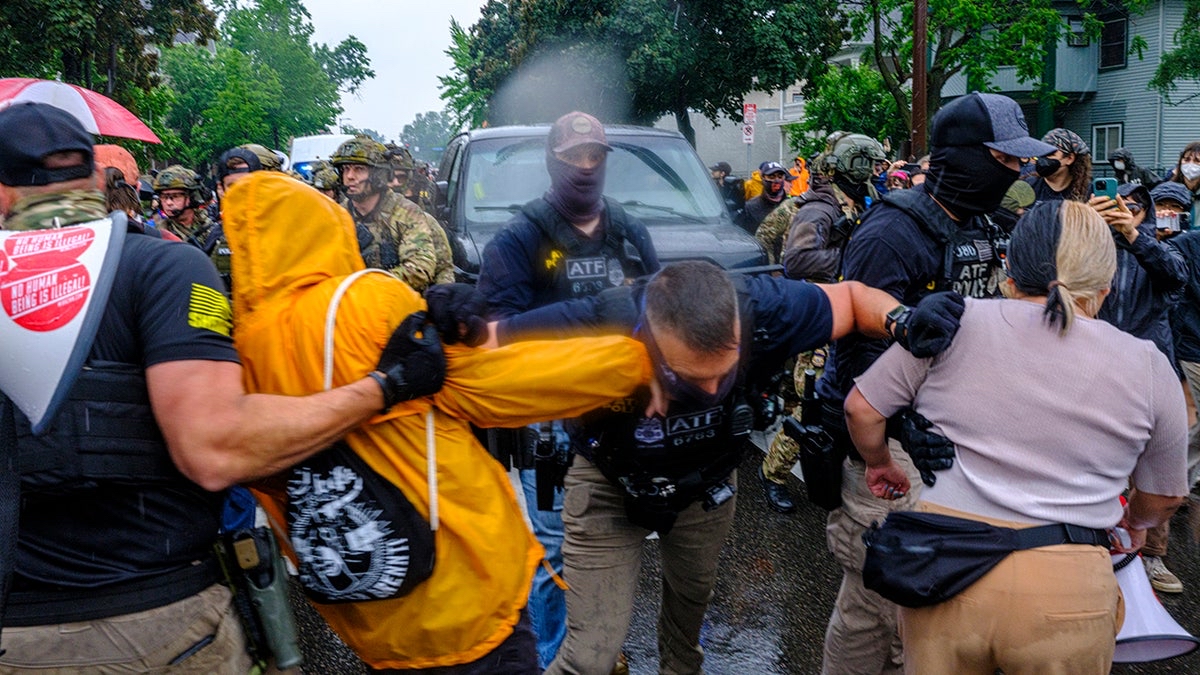A US immigration judge has ordered the deportation of Palestinian activist Mahmoud Khalil, ruling that he deliberately misrepresented information on his green card application. The decision, delivered by Judge Jamee Comans in Louisiana, said Khalil failed to disclose past involvement with groups such as the UN agency for Palestinian refugees (UNRWA) and the Columbia University Apartheid Divest campaign. The court concluded that these omissions were not accidental but intended to avoid scrutiny during the immigration process.
The ruling directs that Khalil be removed to either Syria or Algeria, but his lawyers emphasize that he cannot be deported immediately. A federal court in New Jersey has already issued a separate order blocking his removal while other litigation proceeds, meaning his case is far from settled. Khalil now has thirty days to file an appeal with the Board of Immigration Appeals, and his legal team has vowed to continue challenging what they describe as a politically motivated decision.
Khalil, a 30-year-old graduate of Columbia University, became a visible figure in pro-Palestinian student activism before being arrested by US immigration agents earlier this year. He was detained for more than 100 days before another judge ordered his release in June, during which time he missed the birth of his child. His supporters argue that the deportation order represents an alarming attempt to punish constitutionally protected activism under the guise of immigration enforcement.
Civil rights groups and advocacy organizations say the case reflects a broader effort to conflate dissent with extremism, while the US government maintains that Khalil’s affiliations raise concerns tied to national security and foreign policy. The decision has ignited debate over the limits of free expression and due process for permanent residents in the United States, and legal experts suggest it could become a precedent-setting case.
For now, Khalil remains in the United States under legal protections while his lawyers prepare appeals. His future depends on how the courts weigh national security concerns against the constitutional rights of a permanent resident who insists his activism should never have been grounds for deportation.



